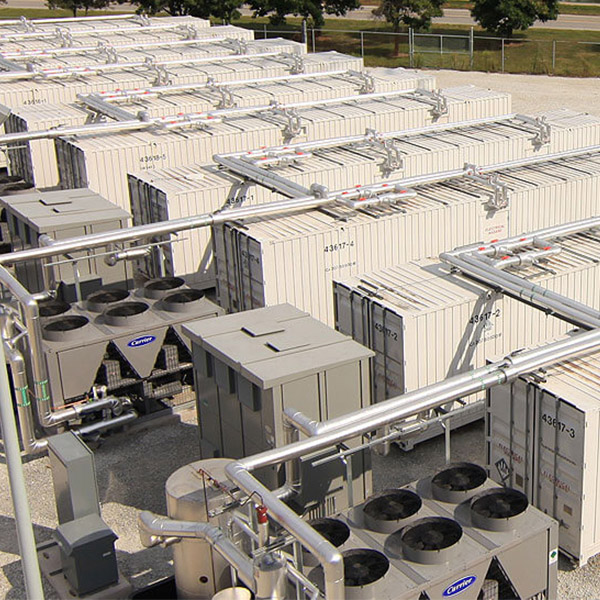
A working group of the New York Climate Action Council is gearing up to deliver a jobs report to guide the council in ensuring an equitable energy transition for the state’s workforce.
“The purpose of the job study is to forecast the clean energy job growth tied to the state’s clean energy policy and decarbonization goals,” Doreen Harris, president and CEO of the New York State Energy Research and Development Authority (NYSERDA), said Thursday during the council’s Just Transition Working Group meeting.
A modeling framework for the study is in place now, and analyses will be ongoing through early fall, she said. The study is the “major deliverable” for the working group, she added, and the analysis that is underway will culminate in a final report by Dec. 30.
Progress on the study will coincide with the full council’s ongoing analyses of recommendations from seven advisory panels for achieving the goals of the Climate Leadership and Community Protection Act. The council expects to release a draft plan for the state’s climate goals next year.
Study Parameters
Three major objectives define how the jobs study will progress, according to Josh Williams, president of BW Research.
The study will provide a platform for analyzing the overall employment impacts of moving from the status quo to a low- or no-carbon economy, he said. It will show trends in employment, he added, not only by industry and occupations, but by “digging deeper” to look at geography and job quality. In addition, the study will identify the workforce implications of preparing people for jobs in a clean economy.
Sectoral analyses for the report will cover electricity, fuels, buildings and transportation, and those sectors will break down into 35 subsectors, Williams said.
The report team completed work on the basic study model in the spring and now is testing the model against preliminary details coming from analysis of the advisory groups’ recommendations. When those analyses are complete, the team will use them to finish the model outputs and examine the workforce implications.
In studying those workforce implications, the team will examine the impact of decarbonization on the employment economy and the fiscal landscape for 10 regional economic development areas, according to Williams. The team also will identify “how occupation pathways will change in the demand for skills, certificates, education, experience and other kinds of workforce requirements,” he said.
Up Next
Moving into the fall, the Just Transition Working Group will finalize the jobs report along with its overall workforce recommendations for the full council.
In preparing its recommendations, the group will consider several legislative changes that came from the state budget finalized in the spring, Harris said. Among those are prevailing wage requirements for renewable energy projects above 5 MW that receive renewable energy certificates.
“This now puts into law the requirements that NYSERDA had previously adopted into its large-scale renewable contracts, as a matter of policy,” Harris said. In addition, the legislation specified that prevailing wage does not apply to projects with a labor agreement in place.
Additional provisions mandate the sourcing of some iron and steel for renewable energy systems from the U.S. and allow project competitive bids to favor in-state businesses. Each provision, Harris said, is at a different stage of implementation within the responsible agencies.


